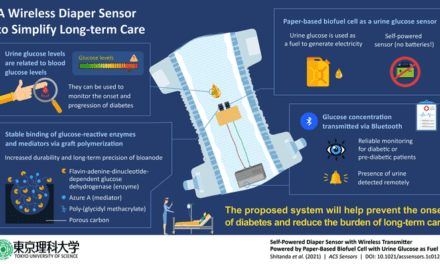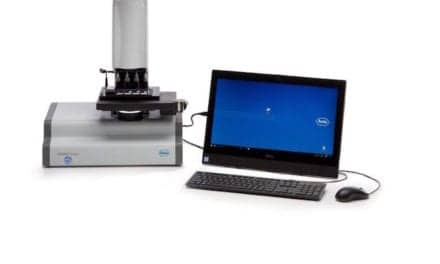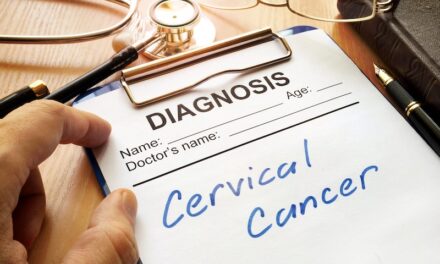The recent ruling overturning the FDA’s new regulations covering LDTs is good news. But the growing anti-science bias could have a more far-reaching impact on healthcare.
By Chris Wolski
Summary:
A recent court ruling favoring laboratory-developed tests (LDTs) is a win for clinical labs, but ongoing anti-science sentiment and declining support for research threaten the long-term future of scientific progress and public health.
Takeaways:
- The court’s decision offers short-term relief and opportunity for innovation in LDTs.
- Growing anti-science attitudes and institutional erosion could hinder scientific discovery and testing advancements.
- Scientists and healthcare professionals must actively advocate for science to sustain its role in improving health outcomes.
The recent decision by the US District Court of Eastern District of Texas striking down the FDA’s updated regulations covering laboratory-developed tests (LDTs) is excellent news for clinical laboratories in a year with little of it.
But. And there’s always a “but” these days. While LDTs may be safe for the time being, the gutting of hallowed health institutions, grant-making organizations, and university support by the current Administration has me wondering—what happens when scientific research and inquiry dries up? The reality is that the development of clinical laboratory tests often follows the discovery not only of a disease but a treatment.
The Consequence of Anti-Science Bias
I’m not telling you something you don’t already know—anti-science bias seems to be growing in tandem with a general suspicion of expertise. The “do your own research” mindset is laudable in principle—but not in the double-think way it’s being used in practice. In the best case, it’s a call to use your reason to measure the truth or falsity of an argument or data for the best answer available.
However, in today’s world—at least in my experience—it means finding an opinion that fits your preconceived notion about what you think the answer should be and not the facts. Unfortunately, many of our health institutions are being held hostage to this faulty way of thinking.
Is there a Future for LDTs?
So, what does this mean for LDTs? I think in the short term we will see a bit of a renaissance of new LDT-inspired tests coming to market, meeting pent-up need for new, more sensitive or specific tests that will open the door for better, faster treatments. In the long term? Well, I do worry that stymieing research into mRNA, emerging pathogens, and other well-known diseases will have a chilling effect not only on the development of LDTs, but science in general.
And even more broadly, as the demand for testing continues, and the anti-science mentality persists, the shortages of skilled laboratorians will just get worse. There will be less of an interest by young people entering scientific professions dependent on curiosity and a fact-based drive for knowledge.
What Can You Do?
Let’s celebrate the victory for LDTs. We definitely should. It was a good decision that helps both labs and the public—which is a fundamental virtue of the judicial system at its best. But this is a small battle in a larger conflict to save our country’s scientific standing and keep our citizens healthy.
If we truly want to “Make America Healthy Again,” then we need to lean into science and not away from it. This is where you, as a laboratorian or pathologist can help. Contact your Congressperson, march, write editorials, mentor a student, fund a scholarship (whether large or small). Keep the pressure on. Keep the torch of science lit.
Featured Image: Pop Nukoonrat | Dreamstime.com
Chris Wolski is chief editor of CLP.





